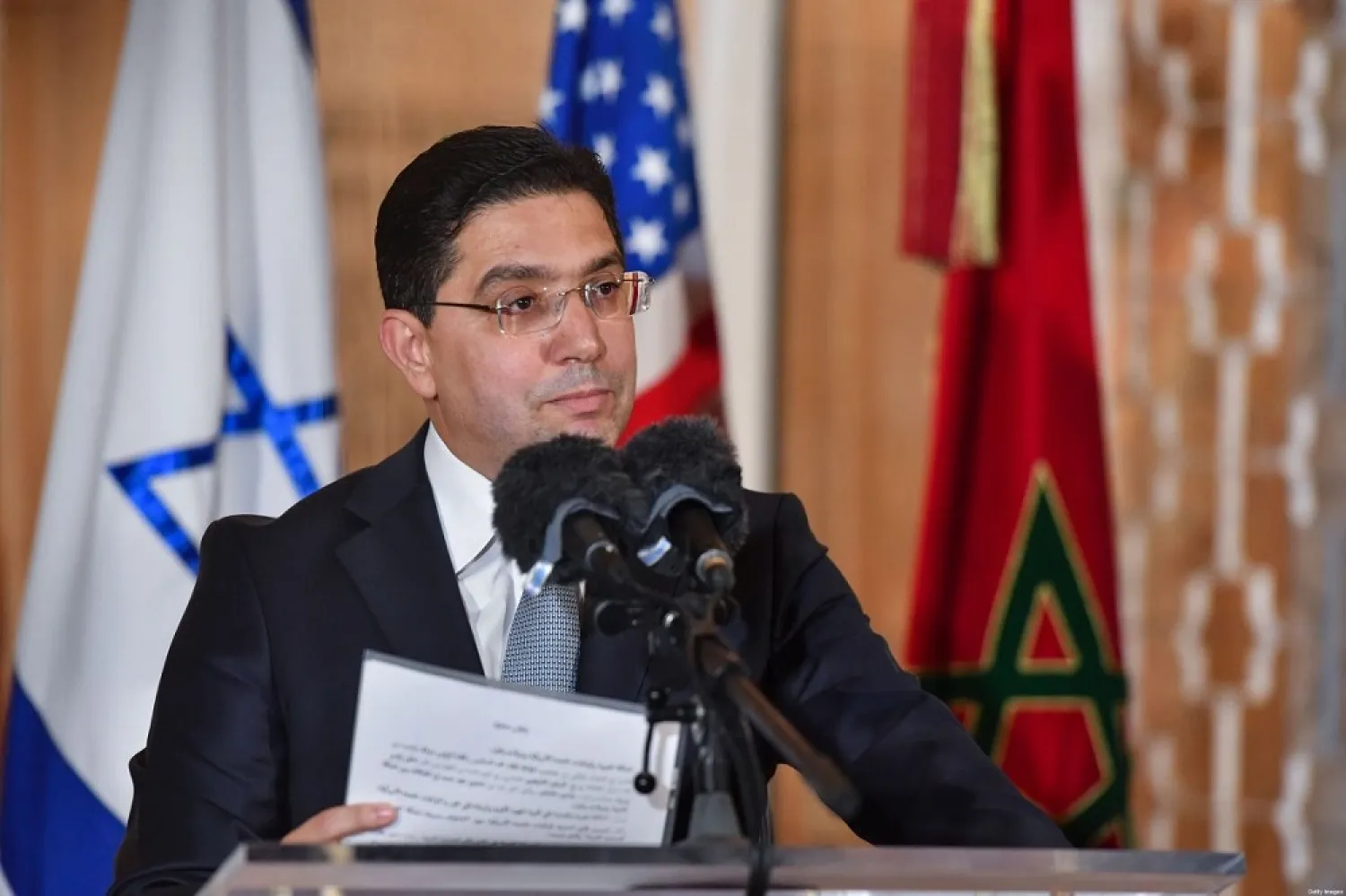Israel’s National Security Council chairman Meir Ben-Shabbat and Moroccan Foreign Minister Nasser Bourita agreed during telephone talks on Friday to send delegations to their respective countries in February.
Israel and Morocco announced the creation of “working groups” to bolster bilateral cooperation, following an agreement to restore diplomatic ties.
Such intergovernmental groups will work in cooperation in various fields, including investment, agriculture, water, environment, tourism, science, innovation and energy.
The groups will meet virtually due to the ongoing COVID-19 pandemic.
"A Moroccan high-level delegation will visit Israel as soon as possible, probably in February, to finalize the terms of these agreements," the Moroccan News Agency (MAP) said, adding that "an Israeli delegation, led by Ben-Shabbat, is also expected in Morocco in February."
Bourita and Ben-Shabbat also "discussed the huge potential of cooperation that will benefit not only Morocco and Israel, but also the entire region."
Bourita and Israel's Foreign Minister Gabi Ashkenazi were supposed to hold talks via video conference on Friday to discuss bilateral cooperation, but they were postponed.
Meanwhile, Israel's new ambassador to Morocco Ambassador David Govrin arrived in Rabat on Tuesday to take up his post. A source from the Morocco’s Ministry of Foreign Affairs and International Cooperation confirmed to Asharq Al-Awsat that Morocco will soon appoint a head to its liaison office in Tel Aviv, with Abderrahim Bayoud a candidate for the position.
He will travel to Israel in the coming few weeks.









